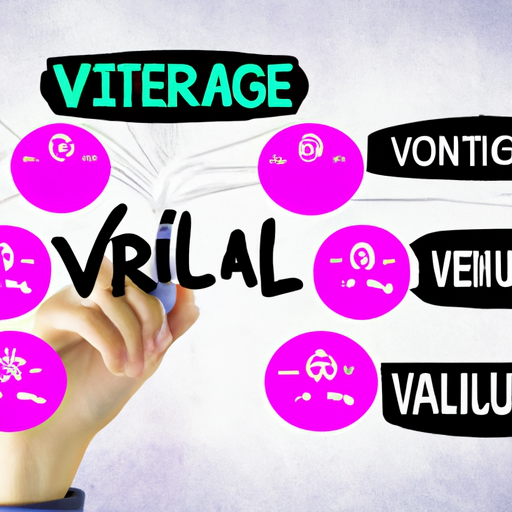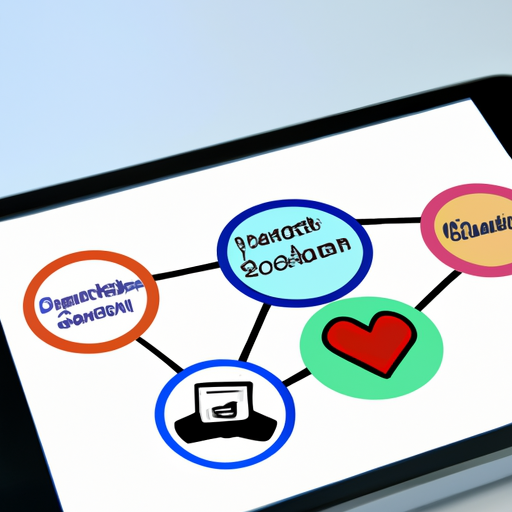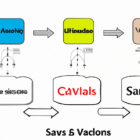In recent years, the digital landscape has been reshaped by a new breed of influencers: virtual influencers. These computer-generated characters have emerged as powerful marketing tools for brands, transforming the way companies engage with consumers on social media. In this blog post, we will explore what virtual influencers are, how they are changing the game for digital marketing, and what the future holds for this innovative trend.
What Are Virtual Influencers?
Virtual influencers are digital personas created using computer graphics and artificial intelligence. Unlike traditional influencers, who are real people that share their lives and promote brands through social media platforms, virtual influencers are entirely fictional characters designed to engage with audiences. One of the most famous examples is Lil Miquela, who boasts millions of followers and collaborates with well-known brands.
The Impact of Virtual Influencers on Digital Marketing
The influence of virtual influencers on digital marketing strategies is profound. Here are a few key ways they are reshaping the industry:
- Controlled Narratives: Brands can dictate the personality, style, and messages of virtual influencers, ensuring that their public image aligns perfectly with marketing campaigns.
- No Controversies: Virtual influencers do not have personal lives that can spiral into scandals, making them a safe bet for brand associations.
- High Engagement Rates: Many virtual influencers enjoy high interaction levels with their followers, often outpacing human influencers in terms of engagement.
- Cost-Effective: Hiring a virtual influencer can be less expensive than working with a celebrity or popular influencer, as they don’t require fees for appearances or other expenses.
Future Prospects for Virtual Influencers
As technology continues to advance, the potential for virtual influencers is limitless. Brands are expected to leverage augmented reality (AR) and virtual reality (VR) to enhance the immersive experiences provided by these digital personas. Moreover, as consumers become more accustomed to interacting with AI, the lines between virtual and real-life influencers may blur further, creating new marketing paradigms.
Conclusion
Virtual influencers represent a fascinating and innovative shift in the world of digital marketing. With brands increasingly recognizing their potential to engage audiences and enhance brand storytelling, it’s likely that we will see more of these digital characters in marketing strategies. As we look to the future, the rise of virtual influencers will undoubtedly play a crucial role in shaping the next generation of influencer marketing.
Keywords: virtual influencers, digital marketing, social media, brand promotion, influencer marketing













